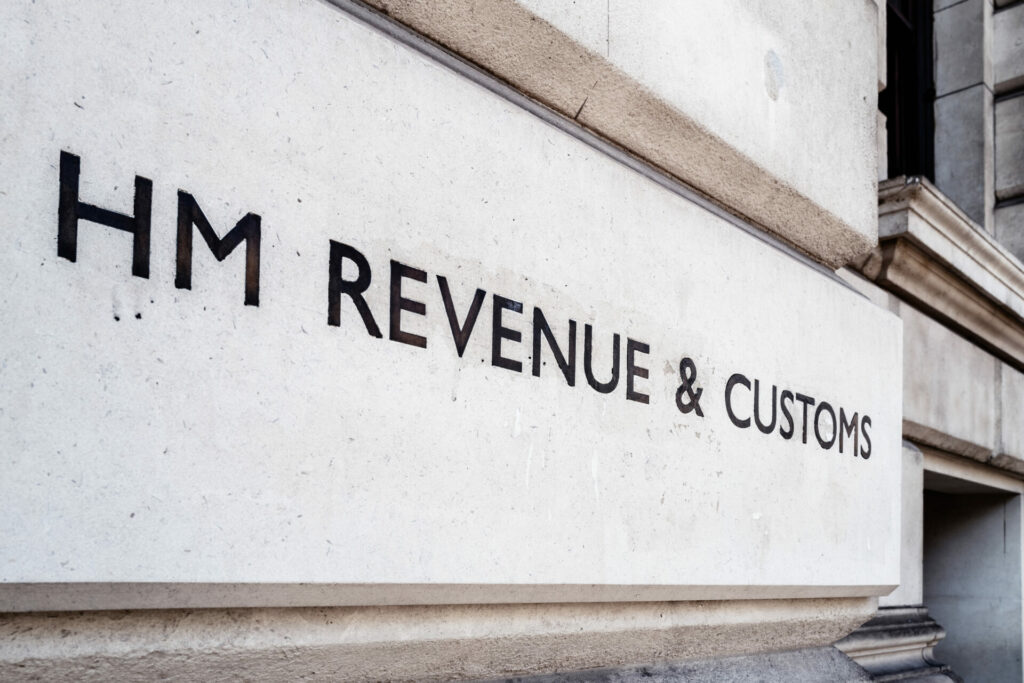66% of UK businesses said they would be affected by changes to tariffs, according to a survey from HSBC UK.
The research found only 16% of respondents said the impact would be “considerable”.
For firms providing services rather than physical products, 57% expected some consequence from tariffs, and 10% saw the effect as “considerable”.
Meanwhile, 23% of companies said tariff changes would have no impact, rising to 36% for firms operating only in the UK and 32% for those providing just services.
Stephanie Betant, head of global trade solutions at HSBC UK, said: “While UK businesses broadly acknowledge that tariffs will have some impact, relatively few anticipate severe disruption.
“This underscores the structural advantage of an economy where services — a sector less exposed to tariff-related pressures — play a dominant role.
“Tariff measures have largely targeted goods, leaving much of the services sector comparatively insulated.”
Betant added: “The survey highlights the underlying resilience of British firms.
“In a climate defined by uncertainty, the ability to adapt swiftly and manage change will remain essential for maintaining competitiveness and stability.”
HSBC UK also found 42% said uncertainty around international trade had not affected their future business plans.
This increased to 59% for businesses operating only in the UK and 52% for those providing services alone.
The most common change made was delaying investment decisions, reported by 21% of businesses.
Other changes included reconfiguring supply chains (14%), diversifying products or services (13%), and expanding into new markets (12%).
She said: “Most businesses have made some kind of change in response to recent uncertainty.
“While for some this has meant pausing decisions on investments, others have proactively sought out new opportunities, whether that is by diversifying their offering or expanding into new countries.
“We know from speaking to our clients that businesses have been scenario planning for some time, adapting their strategies in different ways, from reshaping their supply chains to investing in new production facilities.”
















